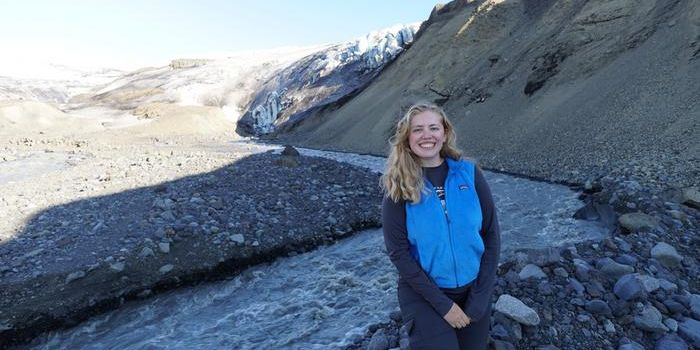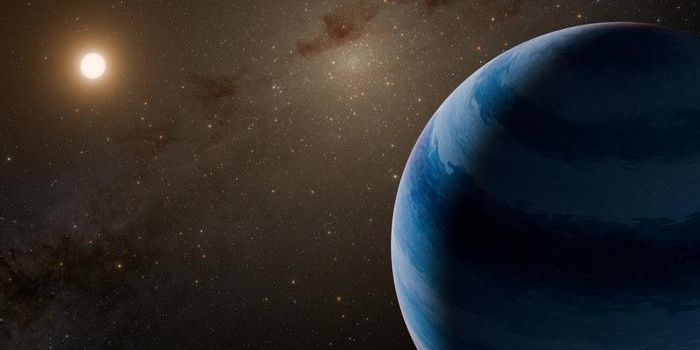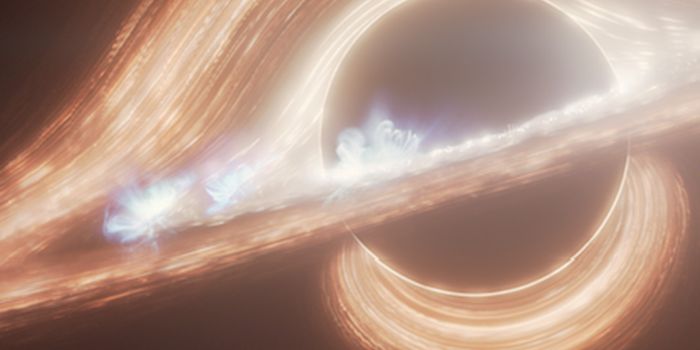Perseverance Likes Green Sand with Red Sand
In an array of studies, one published in Science Advances and two published in Science, a large international team of researchers discuss how the recent findings of NASA’s Perseverance Mars rover at Jezero Crater indicate rocks of volcanic origin rather than sedimentary origin. These findings are profound since Jezero Crater was once home to a very large lake, so scientists anticipated finding primarily sedimentary rocks which would be indicative of once-flowing liquid water. Also, while Mars has long been known to be red in color, these volcanic rocks exhibit more of a green tint, which is often seen on the beaches of Hawaii.
"We started to realize that these layered igneous rocks we were seeing look different from the igneous rocks we have these days on Earth," said Dr. Roger Wiens, who is a Professor of Earth, Atmospheric, and Planetary Sciences at Purdue University, and is lead author of the Science Advances paper while co-author on both studies in Science. "They're very like igneous rocks on Earth early in its existence."
While volcanic rocks on Earth are both weathered and beaten from tectonic activity and billions of years of wind erosion, the volcanic rocks on Mars are purer and more untouched, despite them being 4 billion years old. This makes them far easier to examine and study. This allows researchers to gain a much better understanding of rocks on Mars, to include their history and evolution, which could ultimately lead to a better understanding of how life might have risen on the Red Planet while comparing that with early life on the Earth.
"One of the reasons we don't have a great understanding of where and when life first evolved on Earth is because those rocks are mostly gone, so it's really hard to reconstruct what ancient environments on Earth were like," said Dr. Briony Horgan, who is an Associate Professor of Earth, Atmospheric, and Planetary Sciences at Purdue University, and a co-author on all three studies. "The rocks Perseverance is roving over in Jezero have more or less just been sitting at the surface for billions of years, waiting for us to come look at them. That's one of the reasons that Mars is an important laboratory for understanding the early solar system."
Sources: Science Advances, Science (1), Science (2)
As always, keep doing science & keep looking up!









